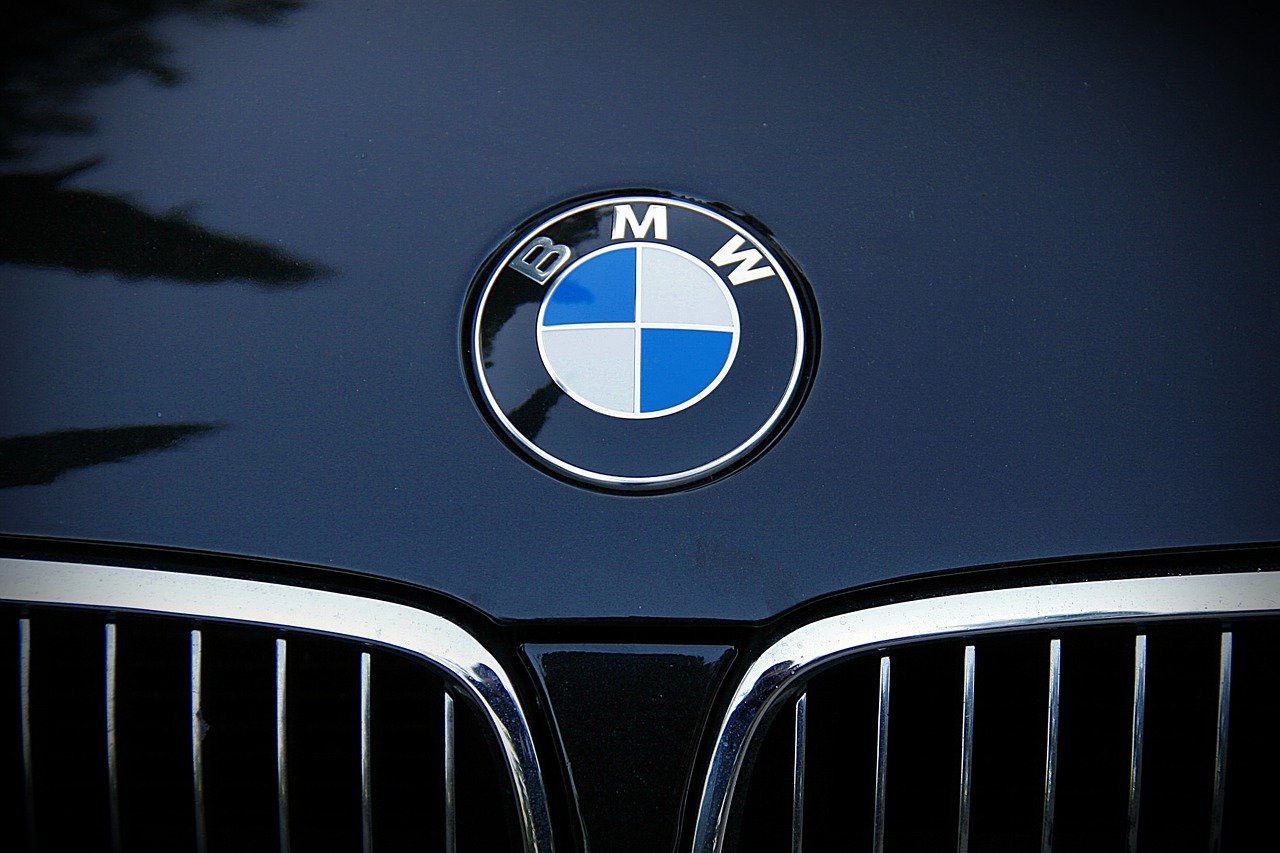BMW will stop making internal combustion engines at its main plant in Munich by 2024, its head of production announced at a conference to mark the start of production of its i4 electric model.
ICE engines, which use fuel, will no longer be produced in Germany, but in the UK and Austria by 2024, although cars with this type of engine will continue to be assembled at the Munich plant.
However, by 2023, at least half of the vehicles produced in Munich will be electrified, either electric or plug-in hybrid, the company said.
BMW has set a target of at least 50% of global new car sales being electric by 2030. CEO Oliver Zipse told a conference last week that the company would be ready and able to offer an all-electric package if combustion engines were to be banned.
The carmaker is focusing on its battery-electric i4 model, which is manufactured on assembly lines shared with hybrid and combustion models, requiring no less than €200 million in investment in production infrastructure at the Munich plant.
The i4 model will be given priority in the allocation of scarce chips, said Peter Weber, the head of the plant, who assures us that there is an adequate supply of raw materials.
The carmaker also announced that it planned to produce 70,000 to 90,000 fewer cars, which it would not have been able to sell anyway, due to the shortage of chips affecting carmakers worldwide.
BMW also pledged to reduce emissions from transport logistics at the Munich plant to zero in the next few years, without giving a specific date. This is expected to be achieved by making greater use of rail transport and battery-powered trucks to transport vehicles in and around their Munich plant.
Read Also > BMW AND DAIMLER SUED AFTER REFUSING TO CUT CARBON EMISSIONS
Featured Photo : © Pixabay










